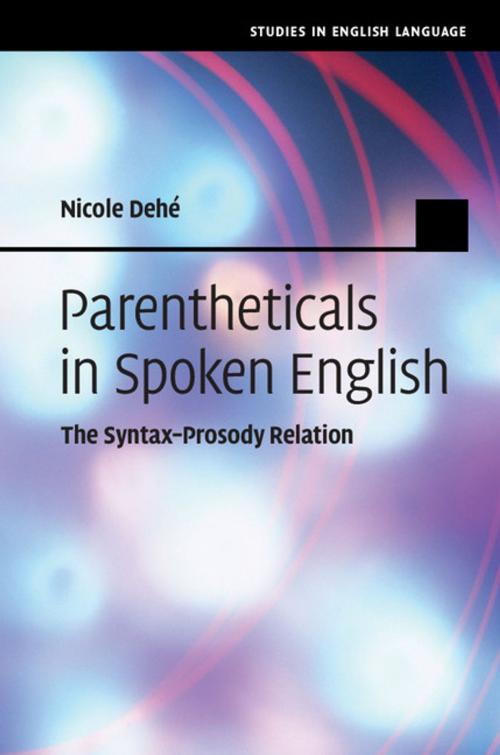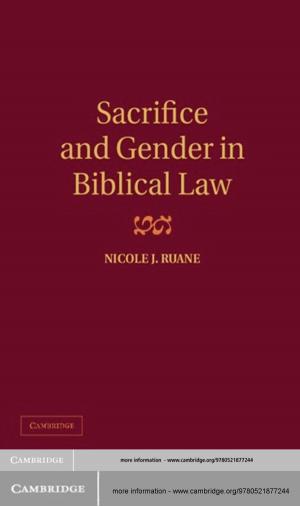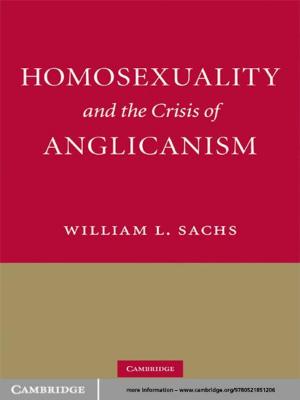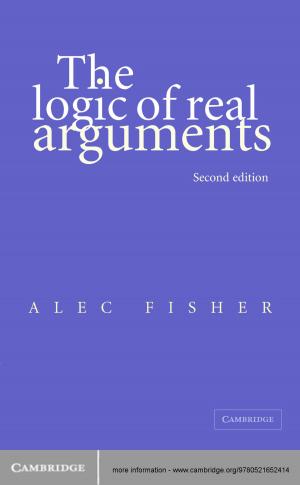Parentheticals in Spoken English
The Syntax-Prosody Relation
Nonfiction, Reference & Language, Language Arts, Reading, Phonetics & Phonics, Linguistics| Author: | Nicole Dehé | ISBN: | 9781139984607 |
| Publisher: | Cambridge University Press | Publication: | June 5, 2014 |
| Imprint: | Cambridge University Press | Language: | English |
| Author: | Nicole Dehé |
| ISBN: | 9781139984607 |
| Publisher: | Cambridge University Press |
| Publication: | June 5, 2014 |
| Imprint: | Cambridge University Press |
| Language: | English |
Taking both an empirical and a theoretical view of the prosodic phrasing of parentheticals in English, this book reviews the syntactic and prosodic literature on parentheticals along with relevant theoretical work at the syntax-prosody interface. It offers a detailed prosodic analysis of six types of parentheticals - full parenthetical clauses, non-restrictive relative clauses, nominal appositions, comment clauses, reporting verbs, and question tags, all taken from the spoken part of the British Component of the International Corpus of English. To date, the common assumption is that, by default, parentheticals are prosodically phrased separately, an assumption which, as this study shows, is not always in line with the predictions made by current prosodic theory. The present study provides new empirical evidence for the prosodic phrasing of parentheticals in spontaneous and semi-spontaneous spoken English, and offers new implications for a theory of linguistic interfaces.
Taking both an empirical and a theoretical view of the prosodic phrasing of parentheticals in English, this book reviews the syntactic and prosodic literature on parentheticals along with relevant theoretical work at the syntax-prosody interface. It offers a detailed prosodic analysis of six types of parentheticals - full parenthetical clauses, non-restrictive relative clauses, nominal appositions, comment clauses, reporting verbs, and question tags, all taken from the spoken part of the British Component of the International Corpus of English. To date, the common assumption is that, by default, parentheticals are prosodically phrased separately, an assumption which, as this study shows, is not always in line with the predictions made by current prosodic theory. The present study provides new empirical evidence for the prosodic phrasing of parentheticals in spontaneous and semi-spontaneous spoken English, and offers new implications for a theory of linguistic interfaces.















